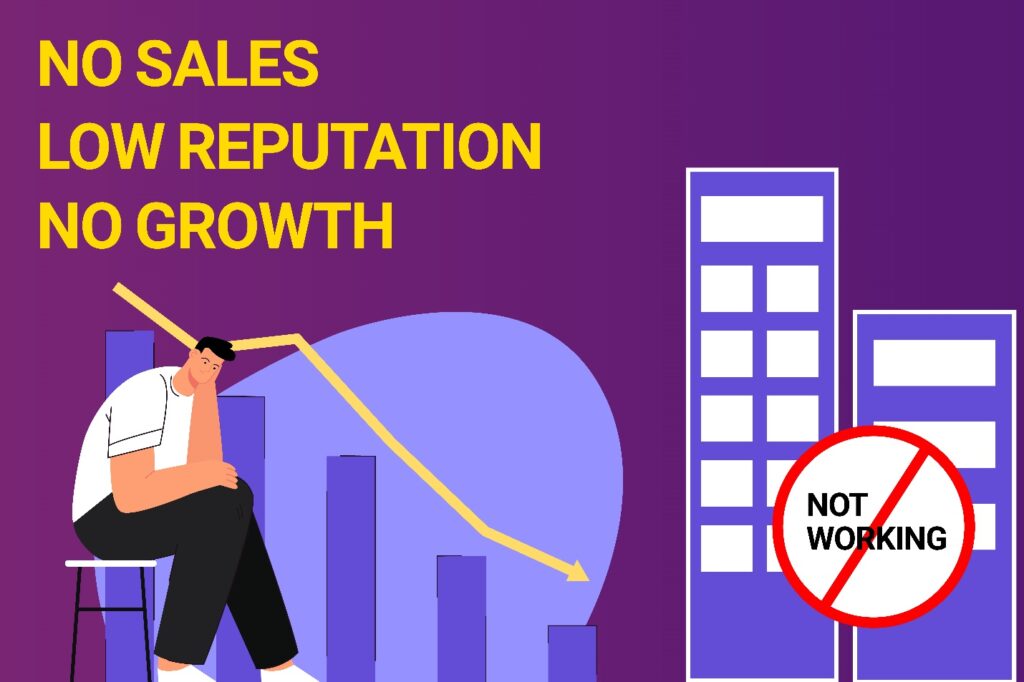Every place has some rules and regulations for the employees to follow. Just like that, in tech companies or industries, the main focus is given to computer ethics. Many employees are given a complete set of instructions to avoid computer ethics violations in the workplace. But some companies still complain that their employees violate ethics.
So, why is that?
We will talk about some measures that you can follow in your company.
So, starting with the introduction.
What is an ethical violation in the workplace?
An ethical violation in the workplace is any activity that violates the company’s code of conduct or ideals. This could involve dishonesty, lying, or violating confidentiality.
Common Computer Ethical Violations in The Workplace?
Computer ethics infractions can take many different forms in the workplace.
Unauthorized Use of Computer Resources
The unauthorized use of computer resources is one common offence. This can involve downloading illegal content, utilizing work computers for personal benefit, or having illegal access to private data.
Unauthorized Software Modification
Unauthorized Software or computer system modification is another offence. This can involve installing unauthorized Software, changing data without authorization, or altering system settings.
Misuse of Computer
Misusing a computer may also involve doing something that prevents someone else from doing their job, such as sending spam emails or purposely breaking systems. Before engaging in any actions that can be seen as immoral, it is crucial to be informed of the possible hazards.
How can you avoid violating computer ethics in the workplace?
There are a few useful ways to avoid violating computer ethics in the workplace.
Understand the Company’s Code of Conduct
The first is to read and understand your company’s code of conduct. This will let you know what is expected of you and what behaviour is considered unethical.
Get Authorization
Another way to avoid computer ethics violations is to get authorization before accessing or modifying any data. This includes both physical and electronic data.
Do not use a computer to harm other People.
You shouldn’t program a machine to harm people in harmful ways. For instance, programming a robot to produce weapons of mass destruction, viruses, or human killing.
Do not Snoop Around
Spying on network connections and reading someone else’s email, passwords, files, databases, etc., is unlawful. Accessing and reading someone else’s actual, physical mail is also unlawful.
Do not use proprietary Software.
Consider how challenging it is to create quality software. Consider all the parties and associated expenses. You can either purchase a license or look for an open-source substitute. Using unlicensed Software is risky due to concealed malware, in addition to being immoral.
Do not use other people’s Computer Resources.
If you do not have permission, do not use another person’s computer, printer, internet connection, or other resources. This includes both personal and professional resources. Not only is it unethical, but it could also lead to legal action.
Do not use a computer to bear false witness.
Do not use a computer to make a false statement about someone. This could include sending a forged email or document, making an untrue post on social media, or creating a fake website. This could lead to serious legal consequences.
Last but not least, it is important to use computers only for their intended purpose. Using work computers for personal gain or benefit is a surefire way to violate computer ethics.
Employees can contribute to the ethical and responsible usage of their company’s computer systems by taking precautions to avoid breaking computer ethics at work.
What are the consequences of violating computer ethics in the workplace?

Computer ethics infractions can have huge consequences in the workplace.
- As an illustration, breaking confidentiality agreements may result in dismissal or even legal action.
- Sharing passwords or entering restricted areas might also expose an entire business to a cyberattack.
- Violations might result in decreased productivity and legal issues.
- The violations for businesses can harm their reputation, customer trust, and commercial ties.
As a result, it’s critical to understand computer ethics and to behave responsibly. Such ethics violations at work frequently result in severe consequences for the offenders.
Conclusion
Computer ethics violations, such as job termination and legal action, can have significant effects. Therefore, it is important to be aware of the possible hazards before engaging in any actions that could be considered immoral. There are a few key ways to avoid violating computer ethics in the workplace, such as understanding the company’s code of conduct and always getting authorization before accessing or modifying any data. Following these guidelines can help create a more ethical workplace and avoid potential consequences.
Read More: What is Datafication and Its Ethical and Future Implications?
